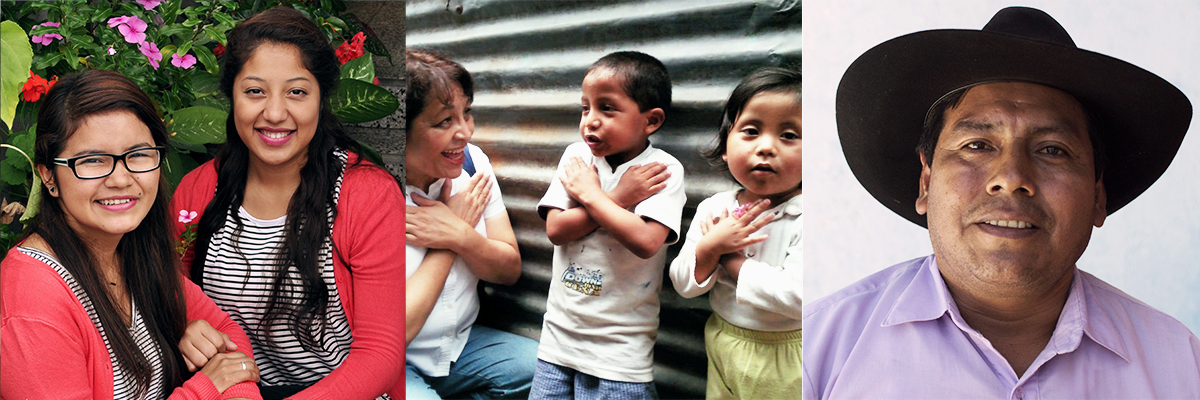A FAVOR became a Calling!
On Christmas Eve, 1986, two Guatemalans named Lisbeth and Gladys went to the trash dump—the poorest, most dangerous place in Guatemala City. Frankly, this was the last place either Lisbeth or Gladys wanted to be. They were simply following up on a request from some friends in the US—to go hand out blankets to the people who lived and scavenged in the dump. The women were shocked by the extreme poverty they found. They returned the next Christmas and then the next. Bible studies, health care and additional classes were started. When Lisbeth and Gladys decided to quit their jobs to grow the ministry, people thought they were crazy. Two women had no business working in the city dump! But, in 1991, Potter’s House—its name based on Jeremiah 18:1-6—became a legal non-profit. Today, Potter’s House is still completely staffed by Guatemalans and continues to grow—its work fueled by both Guatemalan and international volunteers.
“The moment I set foot in the dump the stench overwhelmed me. Slowly a great pain inside me welled up as I saw children playing in the filth, people rummaging through the trash looking for anything of value, and children and adults sniffing glue. It was too much for me. I consciously blocked the suffering I saw from my mind. “I’ll never be here again,” I thought. “I’m just doing this as a favor.”
Gladys Güitz, Co-Founder
WE WORK WITH TREASURES
We call the people we work with Treasures, because they are determined, hardworking, brave people created in God’s image. They are human beings with value and dignity. To God and to us, they are Treasures.

UNDERSTANDING POVERTY
Working with the Treasures, we’ve seen, felt, even tasted poverty first-hand. We’ve walked alongside children as they’ve grown into adults. We’ve watched many escape poverty. And we’ve watched many stay stuck. What we’ve found is this isn’t just an issue of economic poverty. From spiritual to mental to physical, we’ve identified eight forms of poverty that reinforce each other.







